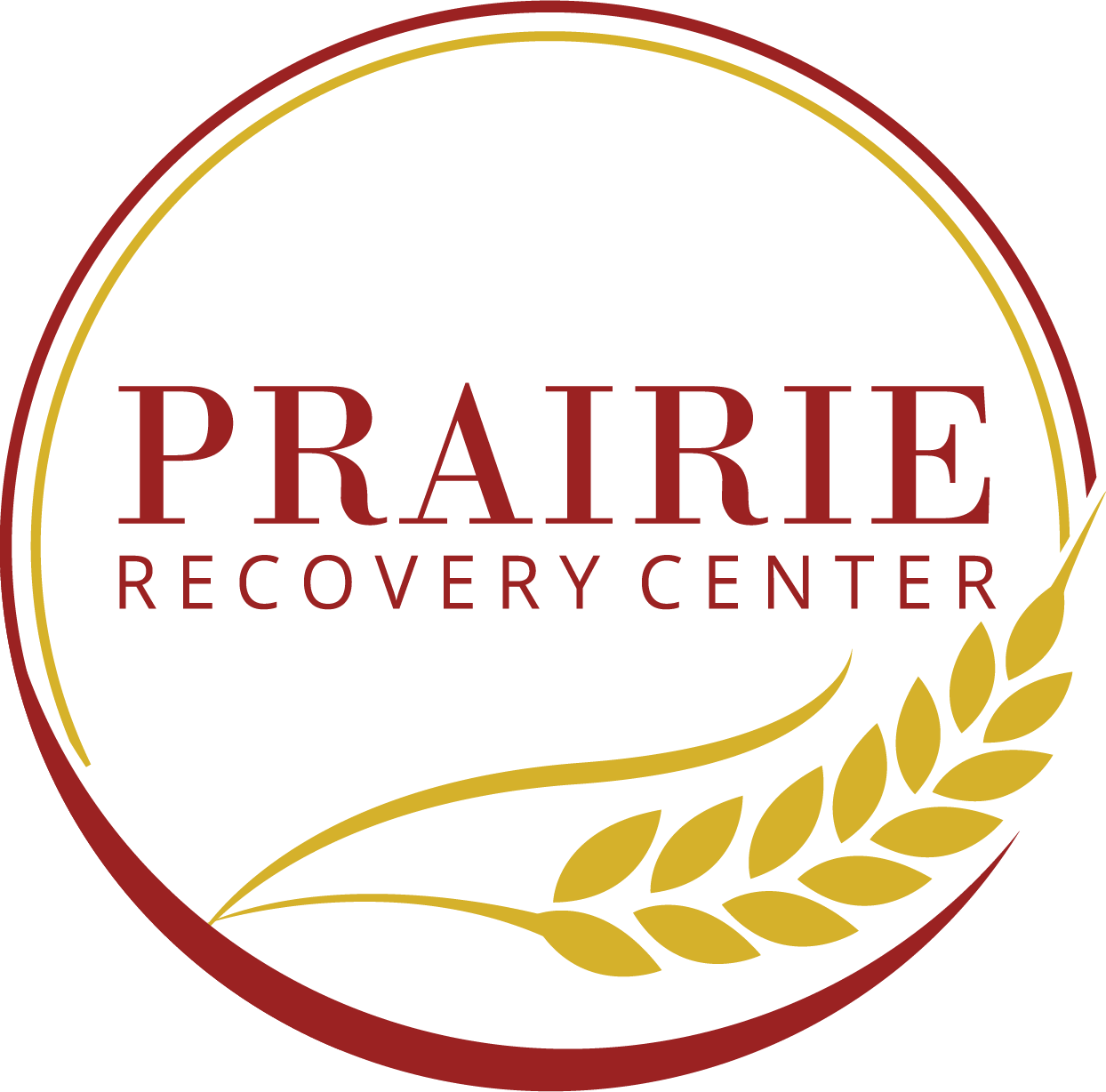 Many addiction treatment programs focus on restoring the physical health of the person in recovery. However, an addiction treatment program to be truly effective, the psychological damage caused by addiction must be addressed and healed. If you are interested in an addiction treatment therapy program in North Dakota, Prairie Recovery Center might be the answer.
Many addiction treatment programs focus on restoring the physical health of the person in recovery. However, an addiction treatment program to be truly effective, the psychological damage caused by addiction must be addressed and healed. If you are interested in an addiction treatment therapy program in North Dakota, Prairie Recovery Center might be the answer.
Our Prairie Recovery Center team provides many options for people interested in an addiction treatment therapy program in North Dakota. We welcome patients from all over the Upper Midwest, including our neighbors from Montana, Wyoming, Minnesota, and South Dakota. If you would like more information about a behavioral recovery counseling program in North Dakota, reach out to Prairie Recovery Center today by calling [Direct] or completing our convenient online form.
Our Addiction Treatment Counseling Programs in North Dakota
Cognitive-Behavioral Therapy
One of the most common forms of addiction counseling is cognitive-behavioral therapy (CBT). CBT helps our patients avoid harmful thought patterns and learn healthier ways of thinking. Our Prairie Recovery Center team of therapists equips patients with the skills they need to improve their mental health.
Dialectical Behavior Therapy
Dialectical behavior therapy or DBT is a form of therapy that emphasizes the idea that the problems in a person’s life might not be their fault, but it is their responsibility to overcome them. This type of therapy works best for people who want their lives to improve and are capable of learning new, healthy behaviors.
EMDR Therapy
Eye movement desensitization and reprocessing therapy (EMDR) helps heal the emotional scars of trauma that might be an underlying cause of drug or alcohol use. EMDR therapy identifies mental health disorders and triggers for addiction and helps patients develop healthy coping mechanisms to solidify their recovery.
Family Therapy
The family unit is an essential part of a strong support system for someone in recovery. Our Prairie Recovery Center family therapy program helps families improve their communication skills so that they can more effectively convey their thoughts and feelings.
Group Therapy
By its nature, addiction isolates people from those closest to them. Our group therapy program helps our patients build bonds with others also pursuing recovery. Also, peers in group therapy become a support system to encourage on the tough days in recovery.
Motivational Interviewing Therapy
Motivational interviewing for addiction is a collaborative effort between a highly qualified therapist and a patient. Rather than a confrontational approach, motivational interviewing encourages patients to establish goals and develop strategies to meet those goals.
We also provide treatment programs for mental health disorders such as:
